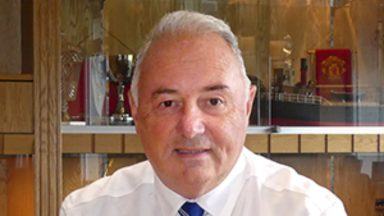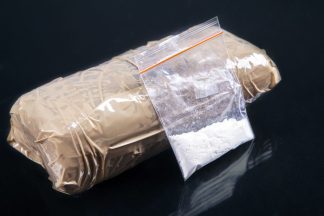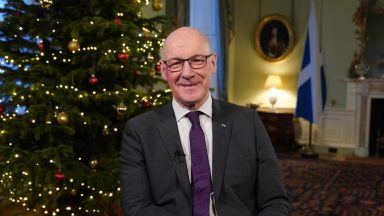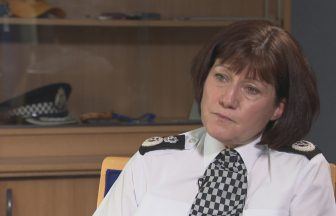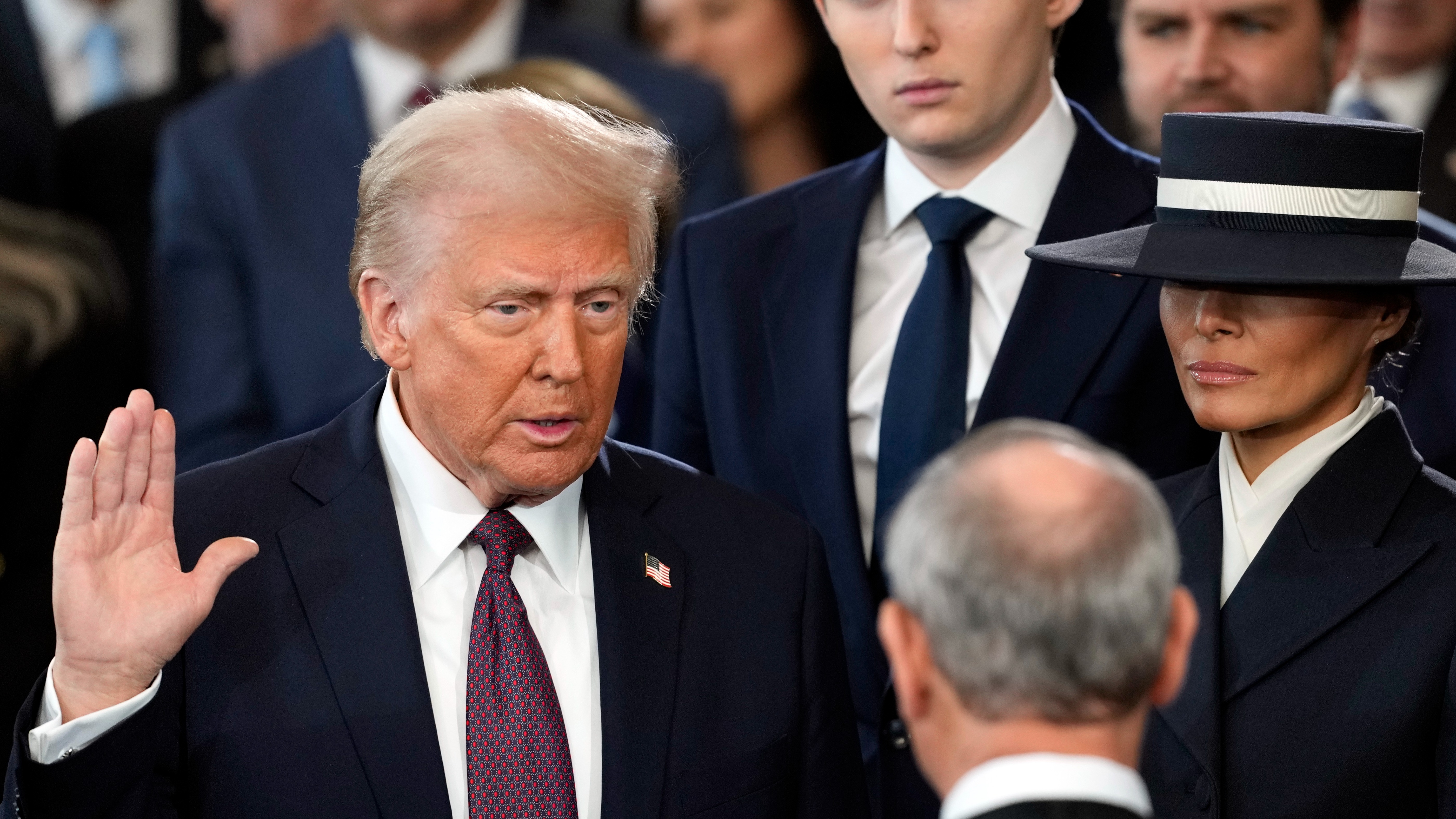When the SNP government proposed to abolish the general requirement for corroboration in criminal cases, they got themselves into an unholy mess.
A recap of what happened back in 2011.
Lord Carloway (now Scotland’s most senior judge) recommended abolition of the “archaic” need for corroboration. A volcanic backlash ensued involving the judiciary, lawyers and politicians.
The Scottish Government, under the cosh on the subject, set up a committee in 2014 chaired by Lord Bonomy to advise on what legal safeguards might need to be introduced if corroboration were to be abolished.
Bonomy duly reported and the government let the conclusions gather dust and allowed their corroboration policy to wither on the vine.
The history of the efforts to rid the system of corroboration was an exercise in how not to govern.
Ministers were driven to reform out of political considerations. Lord Carloway gave them cover with his review, which then was torched under the heat of legislative scrutiny.
And then those same minsters asked Lord Bonomy to dig them out of a hole they had been busy digging.
There are shades of this in the current debate around single judge trials in cases of serious sexual assault.
For Lord Carloway, read Lady Dorrian. She has floated the idea of a pilot that would see accused persons tried in the absence of juries.
Something tells me a legal and political row to rival that on corroboration is not too far off.
I have heard proponents of reform argue that something has to be done to increase the conviction rates in sexual cases.
With the greatest of respect, many trials collapse, and not guilty verdicts are returned because the prosecution case is weak or because a jury, directed on the law of evidence by the trial judge, have a reasonable doubt about the culpability of the accused.
Dispensing with juries will not change the evidence in a case. It is the evidence, or more accurately the weakness of it, that leads to acquittals or trials collapsing, and no amount of change to how an accused is tried will alter that fact.
Juries are masters of the facts and judges are masters of the law. To conflate the two seems to me to drive a coach and horses through basic legal principles.
Why put judges in this position?
If acquittals currently take place because of weak evidence, then there is absolutely no chance that a senator of the college of justice will do anything other than acquit.
Victim Support Scotland favour the change in order, in their words, to get “a more just outcome” But what does that mean?
Courts, contrary to popular belief, are not there to first and foremost deliver justice.
The criminal courts exist to try accused persons and to lead evidence to prove criminal charges against them.
It is for a jury to establish the facts and to make a judgement on whether the Crown has proved the charges beyond reasonable doubt.
The consequence of a criminal trial may well deliver “justice” for the victim of a crime, but the main function is to test evidence against charges.
The issue of the guilt of a citizen should always be established by evidence and any citizen is entitled to be tried in exactly the same way irrespective of the charge.
To establish a subset of the trial process is to treat accused citizens differently and when the motivation is to drive up conviction rates – irrespective of the evidence – then the scales of justice tilt and increase the possibility of miscarriages of justice.
Now I do not doubt that the overwhelming majority of women who allege rape are telling the truth.
I do not believe that victims take on the harrowing nature of the court process without the knowledge that they have been the victims of a sexual assault.
The problem I have with much of the current debate is that it seems to imply that a presumption of believing the victim should replace the presumption of innocence of an accused before a single piece of evidence is led.
I have sat through several rape trials. I am not a lawyer or an expert or someone with knowledge of hundreds of such cases.
Those I did witness required the law of evidence to be applied to witnesses with hazy recollections and where two people had diametrically opposed views of the same encounter.
Those who want reform also claim that jurors are swayed by what the justice secretary has called “cultural misconceptions”.
This is the line of argument that says juries accept rape myths such as “she was asking for it” or “he’s handsome and does not need to rape”.
The argument rests on the view that – uniquely in sexual offence cases – jurors are swayed by perceptions and not evidence, or have narrower minds than would be the case if the charges were different.
The possibility of a juror or jurors being influenced by factors other than the evidence can happen in any trial. The jury process is not infallible.
If a person who is a Hearts supporter is accused of a breach of the peace aggravated by sectarianism, might a juror be more inclined to find him guilty because that juror supports Hibernian?
You get the point I’m making. Factors that “corrupt” the essential function of a jury can happen at anytime and in any trial.
The backlash from lawyers to this proposal are not squeals of anguish from people who are averse to reform in all aspects of procedure.
Rather they speak out because they fear a change, no matter how well intentioned, could lead to the system working against the interests of “justice”.
They warn that the move could be open to legal challenge. If it goes ahead, almost certainly it will be challenged at some point.
Lord Uist goes further calling the proposal “constitutionally repugnant”.
The ghost of the corroboration debate stalks this new row. Time will tell if this proposal goes the same way as that debate of a decade ago.
Follow STV News on WhatsApp
Scan the QR code on your mobile device for all the latest news from around the country


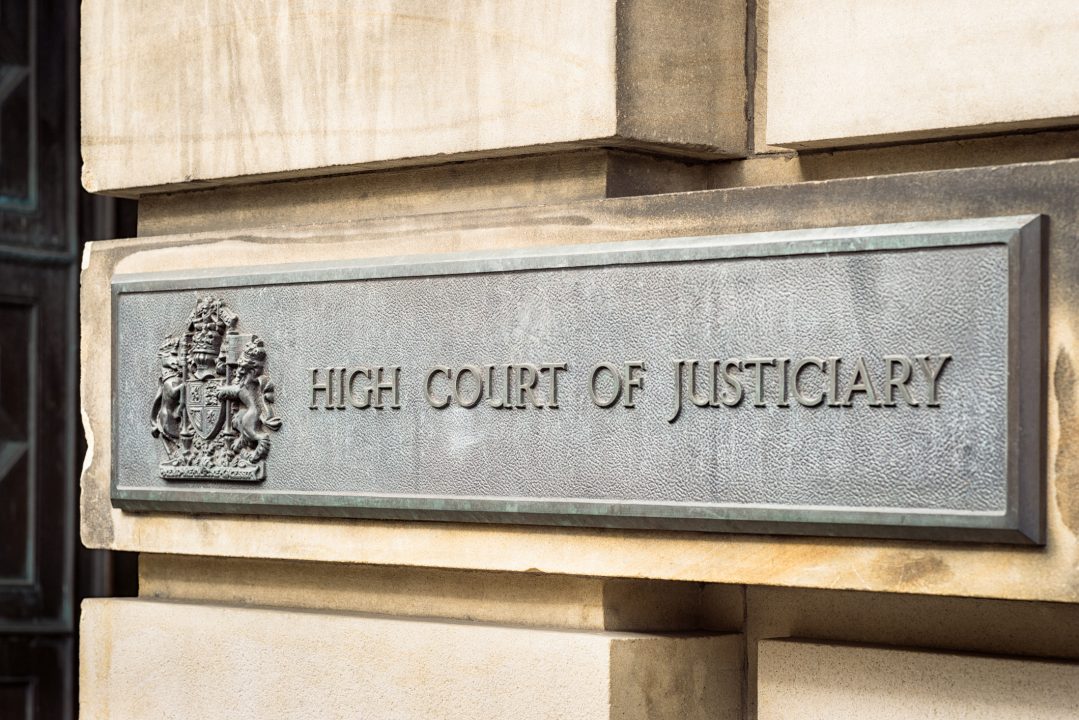 iStock
iStock







